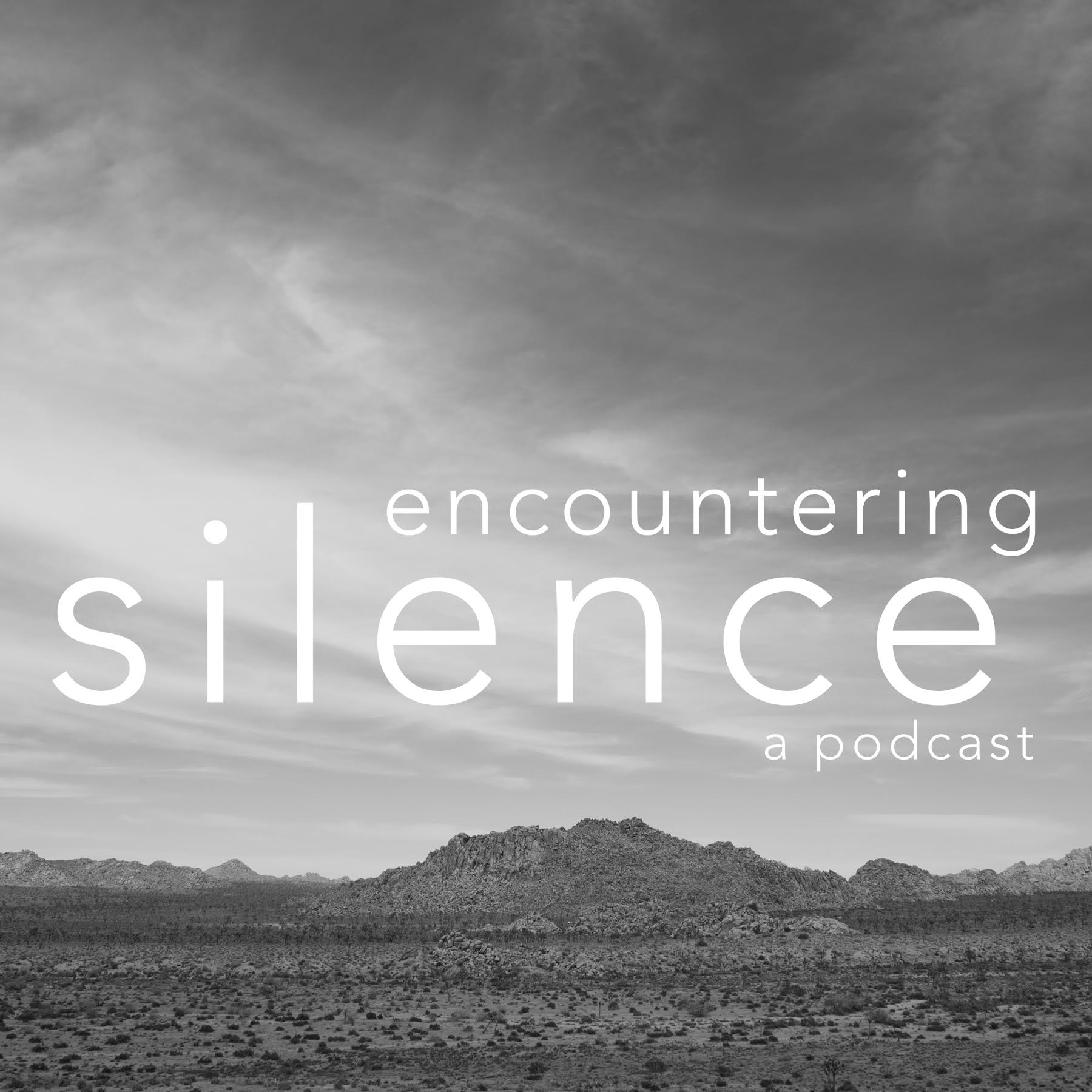Mirabai Starr: Silence, Stillness, Passion, and Embodiment (Episode 24)
May 30, 2018

Mirabai Starr muses on the profound relationship between silence, stillness and mystical love.
"I'm rather obsessed with the mystics of all traditions," enthuses Mirabai Starr, as she muses on the profound relationship between silence and stillness and passionate/ecstatic mystical love.
In a rich conversation that touches on the beauty of the high desert of the American Southwest, the earthy/embodied passion of the spirituality of wilderness, and the uniquely subversive wisdom of the feminine mystics, Mirabai deepens and expands our ongoing conversation on silence by inviting us into a place where the spirituality of stillness meets, and embraces, the erotic spirituality of ecstasy, joy, and love.
Most of the mystics, even though they're these extravagant love poets, who are overflowing with passion, they all also are grounded in this sense of stillness. And they cultivate that stillness. — Mirabai Starr
Mirabai Starr is an author, translator, retreat leader, and leader in the contemplative interspiritual community. Born into a secular Jewish family, Mirabai describes herself as a "daughter of the counter-culture," having spent part of her childhood at the Lama Foundation (an intentional spiritual community, famous as the home of Ram Dass). As an adult, she translated several of the Christian mystics, including John of the Cross, Teresa of Ávila, and Julian of Norwich, into accessible and acclaimed contemporary English.
So all the mystics of all traditions, that I know and love anyway, speak to the transformational power of not knowing. I think that's intimately connected with silence. There's a higher truth that is only present, it seems, when we let all of the concepts go, and allow ourselves to know nothing. It's a vulnerable state, it's a state of spiritual nakedness, it's not for the faint of heart. — Mirabai Starr
More recently she has written books that celebrate her spirituality (God of Love) and that recount her own challenging and at times heartbreaking life story (Caravan of No Despair). A popular teacher both in person and online, Mirabai's wisdom is anchored in her own deeply embodied spirituality, drawing on the insight of all the great spiritual traditions and particular on her intuitive celebration of the Divine Feminine.
The devotional impulse leads me into the presence of the Sacred, and then I am left with this kind of hush, that I drop into, and then that feeds back in again to that devotional impulse, because following those periods of deep stillness that just wash over my soul, I have that joyous urge to praise. So it's this ever-flowing dance between devotion and nonduality, or between celebration and stillness. — Mirabai Starr
Some of the resources and authors we mention in this episode:
Mirabai Starr, Caravan of No Despair: A Memoir of Loss and Transformation
Mirabai Starr, God of Love: A Guide to the Heart of Christianity, Judaism and Islam
Mirabai Starr, Saint Teresa of Ávila: Passionate Mystic
John of the Cross, Dark Night of the Soul, translated by Mirabai Starr
Teresa of Ávila, Interior Castle, translated by Mirabai Starr
Teresa of Ávila, The Book of My Life, translated by Mirabai Starr
Julian of Norwich, The Showings, translated by Mirabai Starr
John of the Cross, The Poems of St. John of the Cross, translated by Willis Barnstone
Mirabai, Ecstatic Poems, translated by Robert Bly and Jane Hirshfield
Ram Dass, Be Here Now
John of the Cross, Living Flame of Love
Geoffrey Chaucer, Canterbury Tales
Daniel Ladinsky, The Gift: Poems by Hafiz
Daniel Ladinsky, The Purity of Desire: 100 Poems of Rumi
Thomas Keating, Invitation to Love
Pablo Neruda, Extravagaria, translated by Alistair Reed
Marie Howe, The Kingdom of Ordinary Time
Thomas Merton, Conjectures of a Guilty Bystander
Plotinus, The Enneads
Denise Levertov, The Collected Poems
How, how can we step up and offer ourselves in service, to help in some way to alleviate some suffering in this world, unless we have taken that suffering into the cells of our own b...